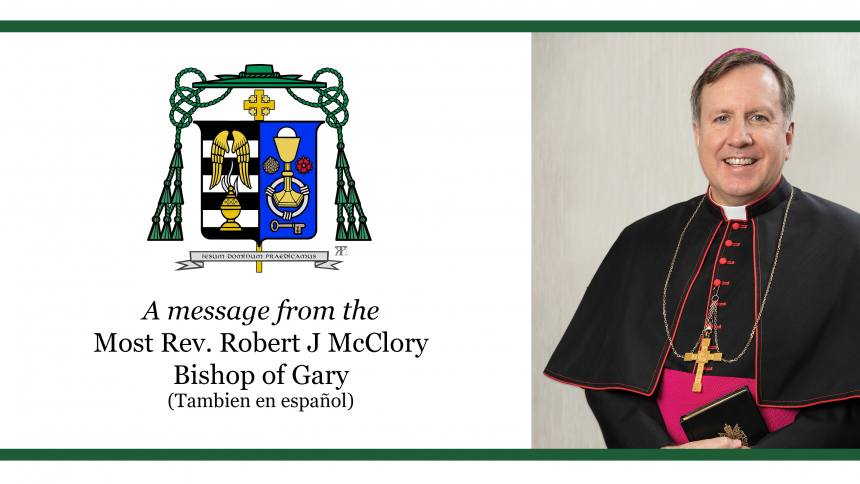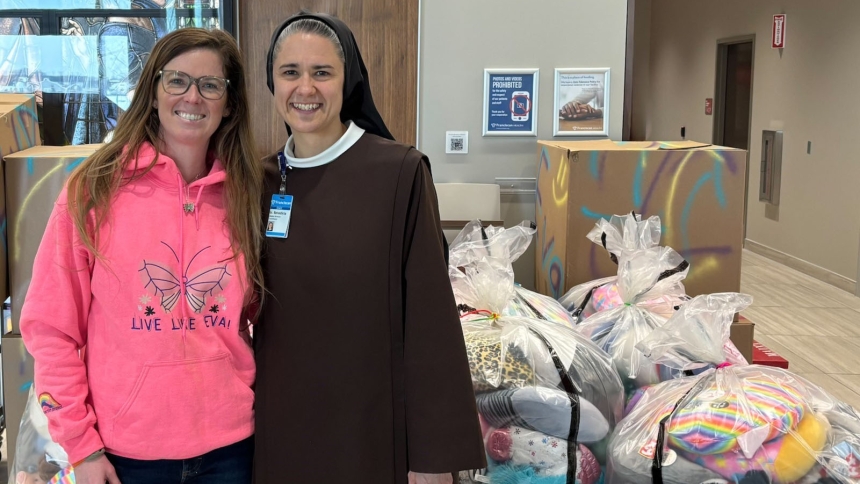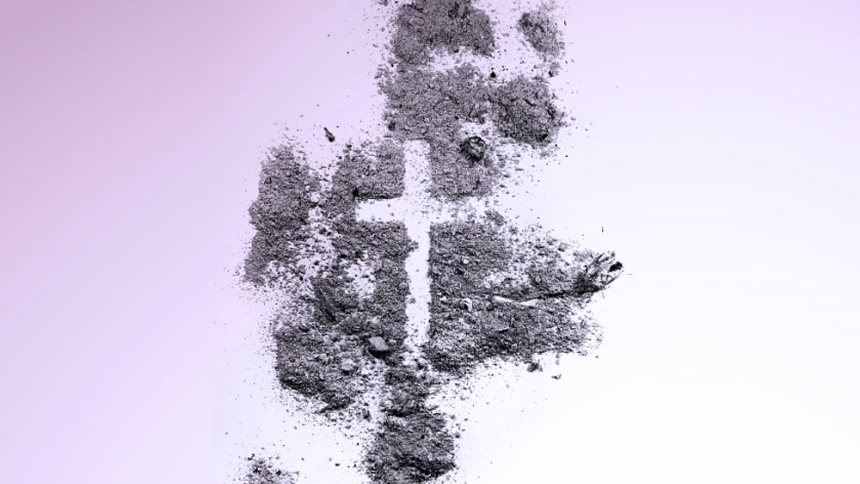
When the TV show “Survivor” first appeared, I heard a priest adapt the tagline of that show from “Outwit. Outlast. Outplay.” He changed them for Lent to “Outgive. Outfast. Outpray.” A clever reformulation of the core commitments of Lent: Prayer. Fasting. Almsgiving. We are called to push ourselves beyond our comfort zone in each of these disciplines.
These three core commitments for Lent come from the Ash Wednesday gospel reading from the sixth chapter of Matthew. Notice that Jesus presumes that each of these practices are part of the normal course of being a disciple. He doesn’t qualify his direction by saying “if…then.” We can see that Jesus presumes that we are all embracing these practices by his use of the word “when:” “When you give alms…” “When you pray…” “When you fast…”
While we intensify our practices in this regard during Lent, they really should be year-round commitments. When we put these into practice in a focused way during Lent, they can become virtuous habits. I can think of at least two fasting practices that began in Lent that have now become regular habits in my own life.
Including a more focused practice of giving, praying and fasting during Lent is not meant to be forty days of drudgery, but the beginning or continuance of habits that stay with us. We adopt a more intense approach during Lent, and as a result, we hopefully experience a blessing that comes from expanding our hearts to give to others, opening ourselves up to more prayerful conversations with God and offering up some comforts so that we identify with the sufferings of others.
I have reflected that due to the COVID-19 pandemic, I have more fully embraced the following habit: I floss my teeth more than I ever have in my life. Let me explain. Don’t misunderstand. There is no evidence for teeth cleaning and COVID avoidance. However, just before coming to the diocese two years ago, I had to cancel my last previously scheduled dentist appointment due to the move. I had intended to find a new dentist upon my arrival here. Then COVID hit. Dentist offices were closed for an extended period, and I didn’t have a local dentist. My response? Since I could not rely on outside assistance, I took it upon myself to increase my flossing.
After a couple of months of embracing that practice more intensely, it has now become a habit. I have a dentist now and my dentist reports that my teeth are in good condition. I know part of that good report is a result of doing something that I may have felt I “had to do” becoming something I just did, and the results have been good.
I offer this simple example so that all of us may enter into Lent with a different attitude this year. Maybe we can embrace practices with more intentionality and be open to these becoming genuine virtuous habits well into the future. Just think about the long-term blessing if this Lent is a springboard to a better way of life: more loving and giving to others, a closer intimacy with Jesus, and living in solidarity with Jesus’ fasting and all those who suffer.
Lent is not a competition, but we can still seek to outdo our own expectations. “Outgive. Outfast. Outpray.” Have a blessed Lent.
Compromisos de Cuaresma: “Da más. Reza más. Ayuna más.”
Cuando apareció el programa de televisión "Survivor", escuché a un sacerdote adaptar el eslogan de ese programa de "Outwit. Outlast. Outplay". Lo cambió para la Cuaresma por “Da mas. Reza mas . Ayuna mas.” Una inteligente reformulación de los compromisos centrales de la Cuaresma: Oración. Ayuno. La limosna. Estamos llamados a ir más allá de nuestra zona de comodidad en cada una de estas disciplinas.
Estos tres compromisos fundamentales para la Cuaresma provienen de la lectura del Evangelio del Miércoles de Ceniza, del sexto capítulo de Mateo. Observa que Jesús supone que cada una de estas prácticas forma parte del curso normal de ser un discípulo. No matiza sus indicaciones diciendo "si... entonces". Podemos ver que Jesús presume que todos estamos adoptando estas prácticas por su uso de la palabra "cuando": "Cuando das limosna." "Cuando rezas." "Cuando ayunas..."
Aunque intensificamos nuestras prácticas en este sentido durante la Cuaresma, en realidad deberían ser compromisos para todo el año. Cuando las ponemos en práctica de forma concentrada durante la Cuaresma, pueden convertirse en hábitos virtuosos. Puedo pensar en al menos dos prácticas de ayuno que comenzaron en Cuaresma y que ahora se han convertido en hábitos regulares en mi propia vida.
Incluir una práctica más centrada en dar, rezar y ayunar durante la Cuaresma no pretende ser cuarenta días de monotonía, sino el comienzo o la continuación de hábitos que permanecen en nosotros. Adoptamos un enfoque más intenso durante la Cuaresma, y como resultado, esperamos experimentar una bendición que proviene de la expansión de nuestros corazones para dar a los demás, abriéndonos a conversaciones más orantes con Dios y ofreciendo algunas comodidades para que nos identifiquemos con los sufrimientos de los demás.
He reflexionado que, debido a la pandemia del COVID-19, he adoptado más plenamente el siguiente hábito: me paso el hilo dental más que nunca en mi vida. Me explico. No me malinterpreten. No hay pruebas de que la limpieza de los dientes y la evitación de COVID. Sin embargo, justo antes de venir a la diócesis, hace dos años, tuve que cancelar mi última cita con la dentista programada previamente debido a la mudanza. Tenía la intención de encontrar un nuevo dentista a mi llegada aquí. Entonces llegó el COVID. Las oficinas de los dentistas estuvieron cerradas durante un largo periodo de tiempo, y yo no tenía un dentista local. ¿Mi respuesta? Como no podía contar con ayuda externa, me propuse aumentar el uso del hilo dental.
Después de un par de meses de adoptar esa práctica con mayor intensidad, ahora se ha convertido en un hábito. Ahora tengo un dentista y mi dentista informa de que mis dientes están en buen estado. Sé que parte de ese buen informe es el resultado de haber hecho algo que tal vez sentía que "tenía que hacer" y que se convirtió en algo que simplemente hice, y los resultados han sido buenos.
Ofrezco este sencillo ejemplo para que todos entremos en la Cuaresma con una actitud diferente este año. Tal vez podamos adoptar prácticas con más intención y estar abiertos a que éstas se conviertan en auténticos hábitos virtuosos en el futuro. Piensa en la bendición a largo plazo si esta Cuaresma es un trampolín hacia una mejor forma de vida: más amor y entrega a los demás, una intimidad más estrecha con Jesús, y vivir en solidaridad con el ayuno de Jesús y todos los que sufren.
La Cuaresma no es una competición, pero aún así podemos intentar superar nuestras propias expectativas. "Dar". Ayudar. Rezar". Que tengas una Cuaresma bendecida.
Your servant,
The Most Reverend Robert J. McClory
Bishop
Diocese of Gary



